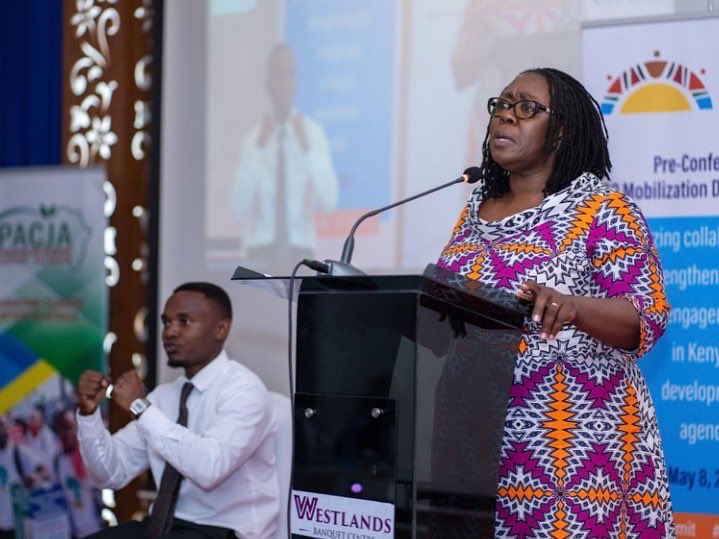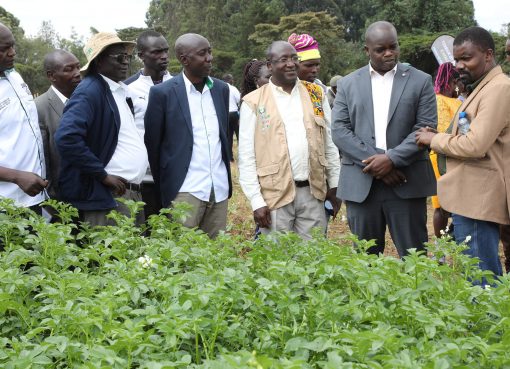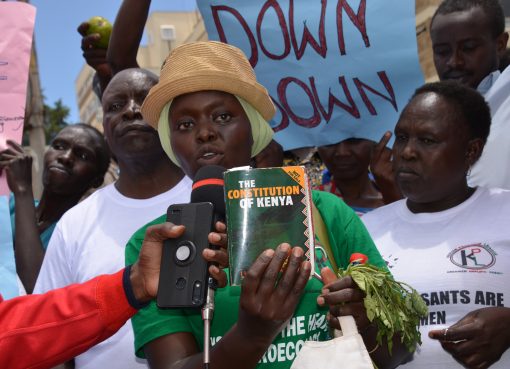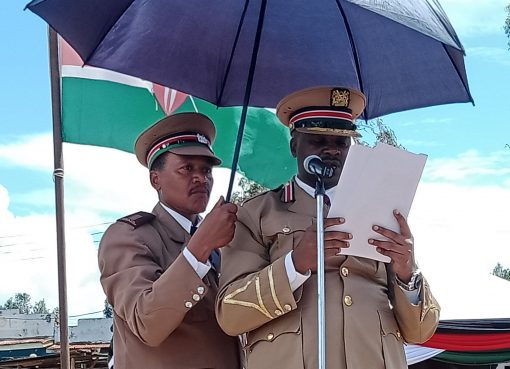The United Nations Civil Society (UNCS) has held its 69th global conference, which not only focuses on strengthening the civil society and citizen voice for realization of sustainable development goals, but also shapes a future of global and sustainable progress.
Speaking in Nairobi during the conference, United Nation Civil Society Co-Chair, Carole Osero Ageng’o said that the country’s civil society has and continues to be vibrant, adding that there is an opportunity for the organizations to collaborate in order to confront the issues affecting citizens of Kenya.
“The more we fragment our engagements, the more effort we are really putting in to be able to sustain partners,” she stated.
Osero highlighted that the conference has three objectives including inclusivity in which diversity of the civil society is recognized.
The second objective is being impactful, where the civil society works together to support the implementation of the Pact of the Future, which is negotiated by the government.
“The third objective is innovation, we are living in a highly digitalized world with a lot of digital innovations which we can use to solve modern problems,” she said, noting she does not know what the absolute numbers of the current civil society in Kenya are.
She added that the conference can only take about 2,000, which means that not even a fraction of the country’s civil society can be present at the event, as it’s a global conference bringing diverse people on broad.
“We will use today to just reflect on the Pacts of the Future and the declaration of future generations. We will also reflect on the public revenue organization Act and reflect on how we work together and what things need to be done to strengthen our collaboration,” Osero said.
The UNCS Co Chair said that the conference is a step toward the Summit of the Future that will be held on September 22-23, 2024 at the UN headquarters in New York, adding that the civil society must also find ways of engaging with the government and bringing its voices to the table through processes that are available in the government.
“We urge the government to open up spaces for civil society organizations to engage so that our voice and the work that we do on the ground can be reflected in the decisions and the policies that the government takes up, as it takes up its commitment at the global level,” she stated.
NGO Coordination Board Executive Director Mutuma Nkanata said that there is a NGO coordination board, which is a government entity that regulates and facilitates NGOs in the country to ensure that the members operate in a conducive environment.
UN Resident Coordinator in Kenya, Dr. Stephen Jackson said that the civil society plays a vital reason in multilateralism during the 21st century emphasizing that there is need for a multilateralism that has the societies’ voices powerfully and impactfully present.
“This is the first time that the Global Civil Society conversation has happened in the global south,” Dr. Jackson stated.
He added that Kenya is one of the vocal, most impactful and the most insistent voices at the global level noting that the country’s civil society is rich in its diversity, it’s the most powerful, articulate and free societies known.
Jackson announced that the Summit of the Future and the Pact is structured around five categories in which all of them should be of concern to the society.
“The journey towards achieving sustainable funds will be made difficult by things like conflict, climate crisis, Covid-19 among others,” said Jackson.
The UN Coordinator noted that Kenya has the solutions, but cannot afford to enact them since the International Financial Architecture for Development is not fit for commerce.
“You are not too late to shape the Pact of the Future,” Jackson urged.
By Gathigia Ng’aari





